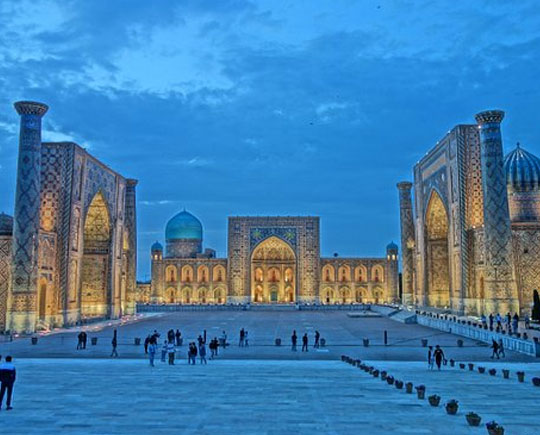Special Requirements
When traveling to Afghanistan, there are several special requirements to keep in mind. It is recommended to have a valid passport with at least six months' validity remaining. Visas are required for most nationalities and can be obtained in advance.
Currently, a valid visa to Afghanistan can be obtained from specific diplomatic missions. Please ensure to do your due diligence accordingly. Some of the most reliable locations include:
- Dubai (most popular for international travellers)
- Islamabad and Peshawar (Pakistan)
- Border posts in Tajikistan
Other locations include Doha, Istanbul, Tehran, and Damascus.
Dubai and Pakistan remain the most practical and reliable options for the Afghanistan visa for most travellers.
Additionally, it is advisable to check with your healthcare provider for any recommended vaccinations before traveling to Afghanistan. Common vaccines include hepatitis A and B, typhoid, polio, and measles-mumps-rubella (MMR). It is also important to take precautions against mosquito-borne illnesses such as malaria and dengue fever by using insect repellent and sleeping under mosquito nets.
Overall, it is essential to stay informed about any travel advisories or security concerns in Afghanistan and to take the necessary precautions to ensure a safe and enjoyable trip.
Travel Advisories
The U.S. Department of State has issued a Level 4: Do Not Travel advisory for Afghanistan due to terrorism, crime, civil unrest, kidnapping, and armed conflict. The security situation is extremely volatile, and there is a high risk of violence and attacks targeting foreigners. Travelers are advised to avoid all travel to Afghanistan and to leave immediately if already in the country. It is recommended to closely monitor local news and follow the guidance of local authorities. Stay informed and exercise caution at all times.
Local Laws and Customs
Travelers to Afghanistan should be aware of the following local laws and customs:
1. Respect the Islamic culture - Afghanistan is a predominantly Muslim country, and travelers should dress modestly and respect local customs, particularly when visiting religious sites.
2. Alcohol and drugs - The consumption of alcohol and drugs is strictly prohibited in Afghanistan. Travelers should refrain from bringing any such substances into the country.
3. Photography - Always ask for permission before taking photos of people, especially women, as it may be considered disrespectful in Afghan culture.
4. Public behavior - Public displays of affection are frowned upon in Afghanistan, so travelers should avoid such behavior in public places.
5. Women's rights - Women in Afghanistan have limited rights compared to men. Female travelers should dress conservatively and be aware of local customs regarding gender roles.
6. Security - Afghanistan has a high level of security risks, including terrorism and kidnapping. Travelers should exercise caution and stay informed of the current situation in the country.
 93
93




